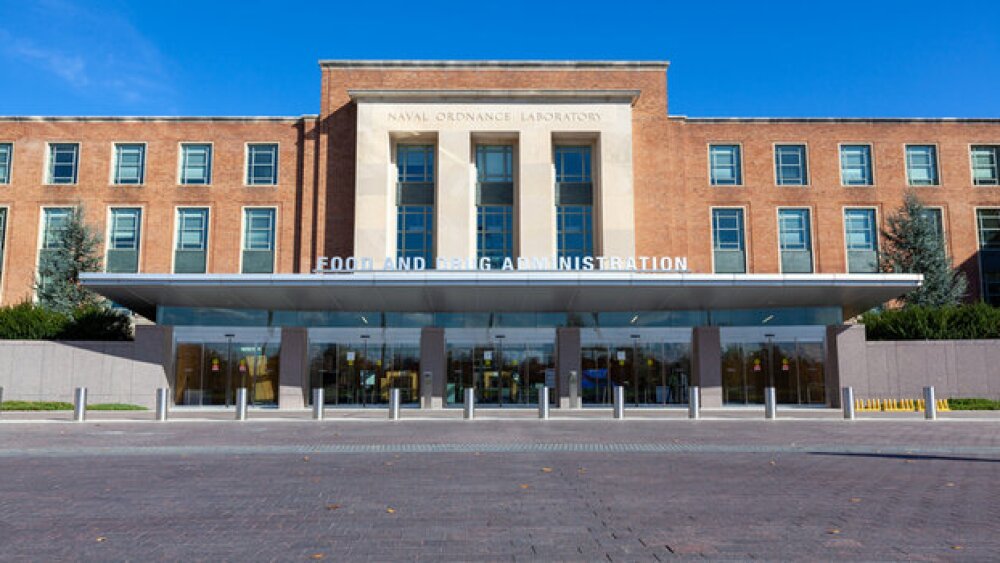This St. Patrick’s Day, BioSpace takes a look at some of the most recent successes from four of Ireland’s most-noted companies.
According to legend, St. Patrick kicked all of the snakes out of Ireland, which apparently left room for a booming pharmaceutical business to emerge. The Emerald Isle is now home to a robust life sciences ecosystem that is home to more than 85 biopharmaceutical companies.
All of the world’s top 10 pharmaceutical companies have established substantial operations in Ireland and from 2003 to today, there has been dynamic growth of biologics manufacturing in Ireland, according to IDA Ireland. In August 2019, Pennsylvania-based PCI Pharma Services announced plans for a new manufacturing facility near Dublin. Three months later, in November, China’s WuXi Biologics announced plans to invest $240 million in a new vaccine manufacturing facility in Dundalk, Ireland. The facility is expected to employ up to 200 people. Allergan also marked the opening of a new €160 million state-of-the-art Biologics facility at in County Mayo, Ireland earlier this year. The new facility in Ireland, dubbed Biologics 2, includes new manufacturing suites to meet growing global demand for Allergan’s flagship products, including Botox. This St. Patrick’s Day, BioSpace takes a look at some of the most recent successes from four of Ireland’s most-noted companies.
Last year, Dublin-based Jazz won approval for Sunosi, the first dual-acting dopamine and norepinephrine reuptake inhibitor approved by the U.S. Food and Drug Administration to improve wakefulness in adults living with excessive daytime sleepiness associated with narcolepsy or obstructive sleep apnea. Then, in the fall of 2019, the company hit the mark in treating cataplexy and excessive daytime sleepiness (EDS) in adults with narcolepsy. The investigational medicine, JZP-258, has the benefit of a lower sodium content, which is crucial due to narcolepsy’s association with an increased risk of comorbid conditions, including hypertension and cardiovascular disease. Earlier this year, the company saw approval of Sunosi in Europe to improve wakefulness and reduce excessive daytime sleepiness in adults with narcolepsy (with or without cataplexy) or obstructive sleep apnea.
In addition to its therapies for sleep disorders, Jazz Pharma also has an oncology pipeline. In January, the company enrolled the first patient in a Phase II/III trial of JZP-458 for l treatment for pediatric and adult acute lymphoblastic leukemia or lymphoblastic lymphoma patients who are hypersensitive to E. coli-derived asparaginases. In February of this year, the company and Spain-based PharmaMar announced that the FDA accepted its New Drug Application for a small cell lung cancer treatment lurbinectedin, and anticipates potential approval by the end of summer. The asset is also being explored as a paired treatment with Roche’s Tecentriq (atezolizumab) for patients with advanced SCLC.
Allergan has been inching toward a merger with Illinois-based AbbVie following that company’s $63 billion bid for the Irish company last year. As the two companies close in on finalizing the merger, they announced in January that a new standalone company called Allergan Aesthetics will be formed to focus on the continued development of products for the aesthetics market. Allergan’s blockbuster Botox will be the tent pole of the new company. In addition to that, the new company will also have a product list that includes the Juvederm collection of dermal fillers, the CoolSculpting body contouring treatments and others. The new company will also have its own R&D program to continue developing new products. Allergan’s eye care and specialty businesses, which include the use of Botox as a therapeutic for migraine headaches and other indications, as well as treatments of the central nervous system, women’s health and gastrointestinal diseases, will be integrated into the current AbbVie pipeline.
In addition to the pending merger, Allergan this month saw the approval of its Durysta implant to treat open-angle glaucoma or ocular hypertension. Durysta is a prostaglandin analog delivery system for a single injection into the eye of a biodegradable implant that contains 10 mcg of bimatoprost.
Endo International closed out 2019 with an opioid settlement with the state of Oklahoma and also launched the generic version of Novartis Afinitor tablets in the United States. Afintor is a treatment for cancers of the kidney, pancreas, breast, and brain. The drug has also been approved to prevent rejection of a transplanted kidney or liver. Also this year, the company launched the authorized generic version of Allergan’s Carafate, a treatment for ulcers.
Endo is eying a potential July approval for collagenase clostridium histolyticum (CCH), a treatment for cellulite in the buttocks. In November 2019, the FDA accepted Endo’s Biologics License Application for CCH and set a PDUFA date for July 6.
Dublin’s Alkermes closed out 2019 with the $950 million acquisition of Rodin Therapeutics in order to boost the company’s presence in the CNS field. Rodin has been developing first-in-class, orally-available, brain-permeable drugs for this class of diseases by engineering molecules that target specific histone deacetylase (HDAC) complexes. When the deal was announced, Alkermes said it plans to advance IND-enabling studies for several of Rodin’s preclinical assets. At the beginning of the year, Alkermes said it positioning itself for long-term growth driven by its two approved products, Vivitro, Aristada and Vumerity. The company is also positioning itself for the potential approval of ALKS-3831, a treatment for bipolar disorder. The Ireland-based company also sees growth potential from its recently introduced IL-10-Fc program and histone deacetylase (HDAC) inhibitors. Earlier this month, Alkermes published data from its Phase III ENLIGHTEN-1 trial of ALKS-3831 in patients experiencing an acute exacerbation of schizophrenia. The data was used to support a New Drug Application in this indication. A PDUFA date has been set for Nov. 15, 2020.





